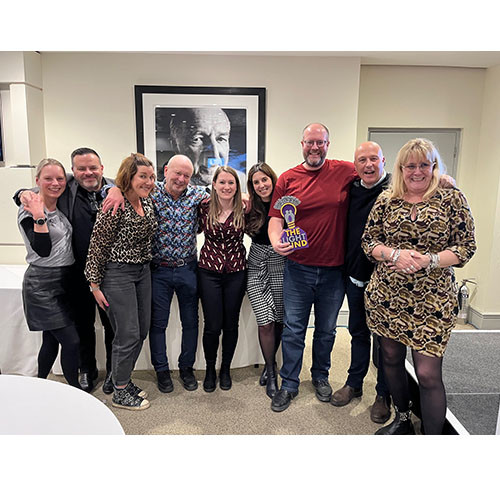Start Licensing’s Ian Downes looks for new chapters in licensing at London Book Fair.
In recent years I would be writing this from Cheltenham, eagerly anticipating the Gold Cup and wondering where my next winner was coming from.
However, circumstances dictated differently this year and I found myself looking out at Aisle C at Olympia rather than surveying Cleeve Hill. Book publishers rather than bookmakers were the order of the day.
I have spent two days at the London Book Fair which as an ex-publishing man is not a chore at all. The London Book Fair is one of the first trade shows I visited and it is good to see it is still going strong. Book fairs are sales markets and the London Book Fair always has a buzz around it and you feel business is being done. There is a strong international flavour and a focus on rights selling. Publishing and licensing are close companions with lots of common ground.
At a show of this kind it is not easy to draw definitive conclusions on trends or the market, but it is a good show to make observations at and, for me, a great source of new ideas coupled with fresh contacts. I think new ideas and contacts are a key part of the licensing mix and as such trade show time is time well spent.
As I strolled around Olympia a few things caught my eye in particular.
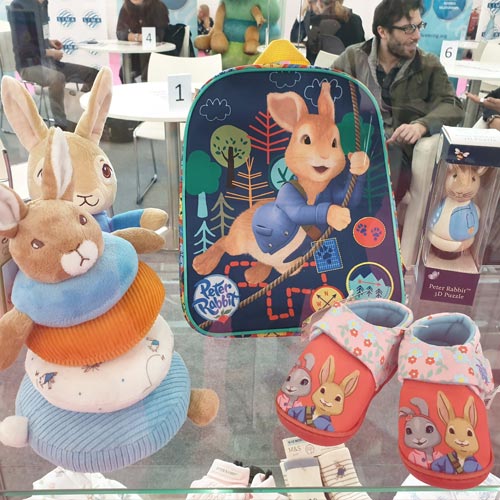
First it was good to see that there was a focus on licensing with a well curated area showcasing how properties like Peter Rabbit, Ladybird and Beano have made the leap from publishing to licensing. I think this is probably an eye opener for some publishers as they can see how their IP can be dialled up through licensing and, of course, it is quite timely in retail terms as retailers like Waterstones look to broaden the product offering.
Properties like Peter Rabbit provide book retailers with a great opportunity to offer collections of products. World Book Day has also helped drive this as well.
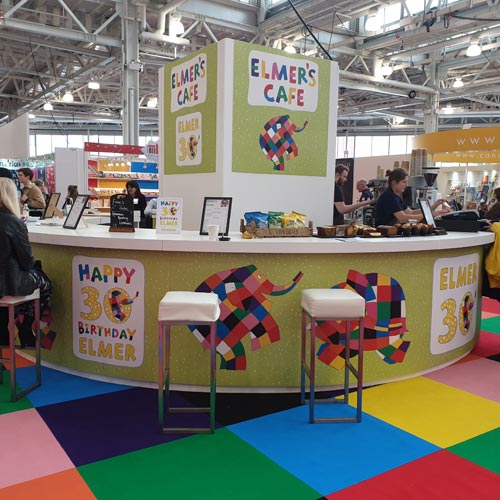
Book character Elmer celebrates its 30th anniversary this year. To help celebrate this, publisher Andersen Press had sponsored a café area and also themed its stand using Elmer’s signature patchwork colourway. This was a reminder that book characters can have longevity and develop a strong brand identity. Characters like Elmer are relatively safe bets licensing wise if placed correctly retailwise.
The café itself was also a good example of how IP can be used in new and novel ways. A great illustration of a proactive trade show promotion that might well fire up other business opportunities.
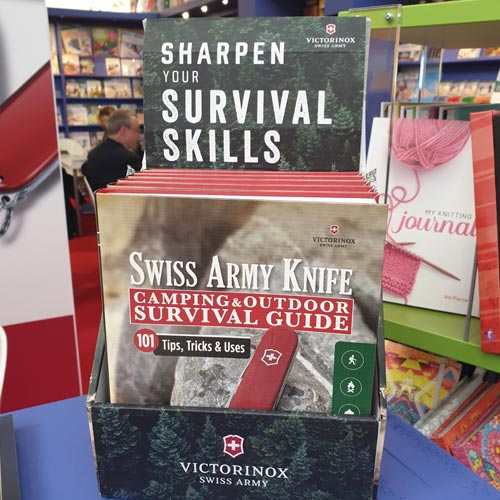
Another strength of the show and publishing is that it is diverse in terms of brands that are represented. Publishing embraces a range of different types of properties as publishers seek out brands that can deliver an audience and also sell in a variety of channels. With this in mind I thought a series of books featuring the Victorinox Swiss Army knife brand were well thought out.
Publisher Fox Chapel recognised the uniqueness of this brand and its international appeal plus of course its suitability for development in a range of book formats. This is a good reminder that well thought through NPD should be at the heart of all licensing campaigns.

Similarly, it is always good to see how well Haynes Publishing uses licences and licensing. It is a book business that has adapted well and to an extent re-invented itself while not abandoning its identity.
It has used its distinctive manual format and illustration style well and have coupled it with well chosen licences such as Star Wars. It has a strong offering centred on this brand which fits the technical drawing style of Haynes well. Haynes has also been very smart with its licensing out programme.
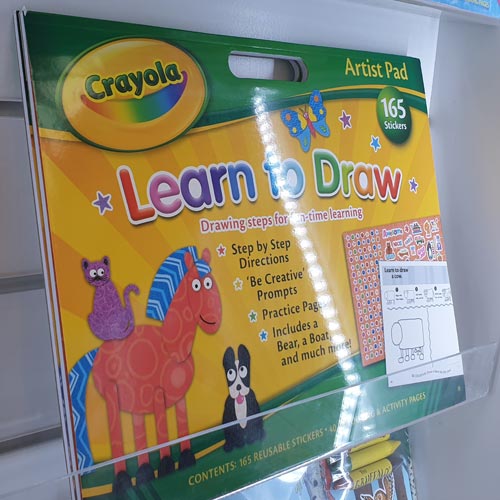
In a similar vein it is always good to see a licence being used in a focused way. Licensed publisher Alligator is a prime exponent of this. It is good to see Alligator firmly back on the scene. It is a licensee with energy and a good eye. It is always good to see what it is doing and it has made good use of the Crayola brand. It has created activity books centering on arts and crafts. Very focused and highly appropriate. It is easy for retailers to see how they can stock these books next to the core products capitalising on Crayola’s strong retail presence.
A final observation was that there does seem an increasing trend particularly in the children’s sector for books to be more of a hybrid between book and toy or gift. I think this reflects changes at retail and also new production techniques. It is a trend that is a good one from a licensing perspective as licensed properties have a lot to offer in this category. A good example of this type of publishing was a Moomins book that comes with play pieces combining reading with play.
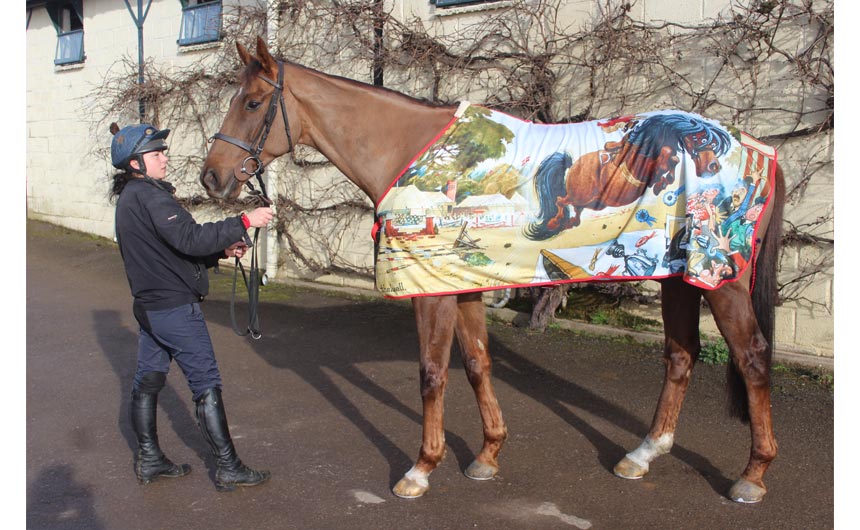
While I haven’t made it to Cheltenham, I did make a visit last week to a racing stables. While at the stables I was able to present one of the horses with a licensed product. It was a Thelwell horse blanket, part of a licensing deal developed by Karen Addison.
The trainer Paul Webber sent me a photo of the horse House Island in what the trainer called his “new pyjamas” – the horse looks a bit non-plussed but it was a fun reminder that licensing is a very adaptable business technique and can reach a variety of markets if developed thoughtfully. Whether it is a book jacket or a horse blanket licensing has a part to play.
Ian Downes runs Start Licensing, an independent brand licensing agency. His Twitter handle is @startlicensing – he would welcome your suggestions for what to look out for.





















